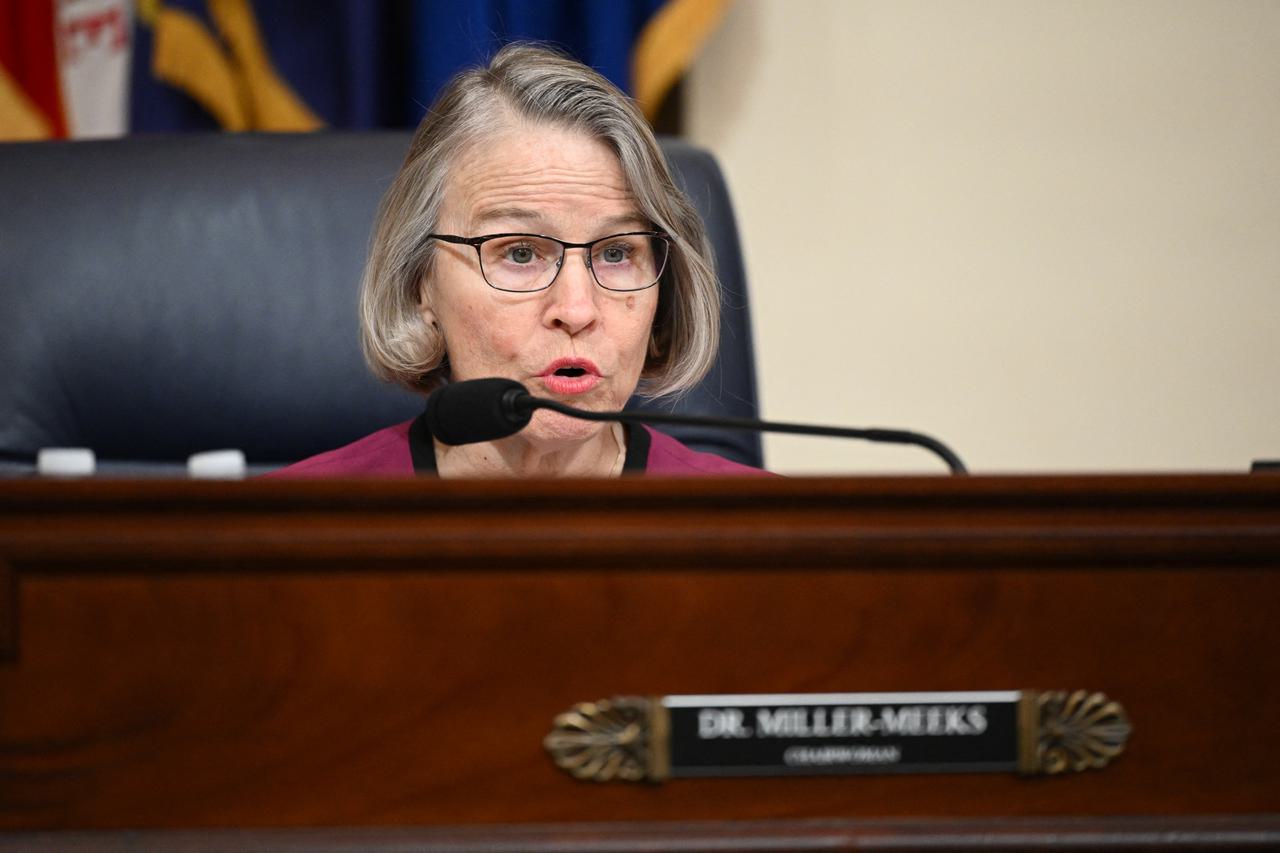
‘Not corruption or fraud’: USAID pleads its case to Congress on supply chain project
Major questions remain over agency’s response to lawmaker following TBIJ investigation
The US Agency for International Development (USAID) has responded to questions from a US lawmaker with an attempt to play down the findings of an investigation by TBIJ and Devex into its $9.5bn supply chain project.
The investigation revealed a number of issues with the agency’s project to strengthen global health supply chains, which has been led since 2016 by the US contractor Chemonics International. These included internal concerns about its design and implementation, changes to reporting requirements that made its performance hard to judge and doubts over whether it had succeeded in building lasting supply chains.
Last month, Mariannette Miller-Meeks, a Republican congressional representative, cited TBIJ’s reporting in a set of written questions for USAID. She wrote that the investigation showed “evidence of fraud, waste, and abuse” and that USAID and Chemonics “jointly manipulated performance indicators”. She asked: “What are you doing to crack down on corruption and overbilling like this by USAID’s biggest government contractors?”
In his response this week, Atul Gawande, who leads the USAID department that oversees the project, wrote: “Most of the issues raised in [the article] refer to the performance during the start-up period of the Global Health Supply Chain-Procurement and Supply Management (GHSC-PSM) contract from 2016 to 2018 – not corruption, overbilling, fraud, waste, and abuse.” He also noted that USAID briefed three congressional oversight committees on the issues flagged by the investigation in November and December last year.
Gawande said USAID was “not aware of any overbilling or corruption” by Chemonics in implementing the project. He added that the “specific mention of corruption allegations in [the article] refers to an incident in Nigeria related to a Global Fund contract with Chemonics, not the USAID GHSC-PSM contract”.
As mentioned in the investigation, in 2021 the watchdog for the Global Fund to Fight AIDS, Tuberculosis and Malaria (which funds programmes alongside USAID) uncovered an apparent fraud scheme in Nigeria, with alleged overbilling by a haulage subcontractor called Zenith Carex.
Gawande said the Global Fund investigation “did not find evidence of corruption within Chemonics”.
However, the report cited by TBIJ found that “potential collusion between Chemonics and Zenith Carex staff” allowed the fraud to go undetected. It also found a senior project director to be “living substantially beyond their Chemonics salary”. (In September, USAID said that the situation in Nigeria was the subject of an ongoing investigation by the agency’s independent inspector general.)
USAID did not respond to a question from Devex about apparent discrepancies between the Global Fund investigators’ findings and Gawande’s response to Capitol Hill.
Gawande also cited an independent 2020 midterm evaluation of the project, commissioned by USAID, which found that it was meeting or exceeding performance targets. He said it continues to do so.
Yet a report published by USAID’s inspector general a year later (which Gawande also referenced) found that the project’s self-reported metrics have muddied the waters. It said changes to the reporting methodology meant the agency “cannot determine the extent to which its reported results reflect actual improvements in performance”.
Miller-Meeks also asked what USAID is doing “to direct funding for projects like this away from expensive Washington DC consultants and to local actors and the private sector”.
Gawande responded by saying that the project’s £17bn redesign, known as NextGen, “opens the door to a full range of global, regional, and local players to ensure that awards are made to best-in-class private sector actors and that all organizations, no matter where they are located, have equal opportunity to bid”.
Lead image: Mariannette Miller-Meeks, Republican of Iowa, speaks in Congress. Credit: Mandel Ngan / AFP.
This article is part of our Global Health project, which has a number of funders including the Bill & Melinda Gates Foundation. None of our funders have any influence over our editorial decisions or output.
-
Area:
-
Subject:





